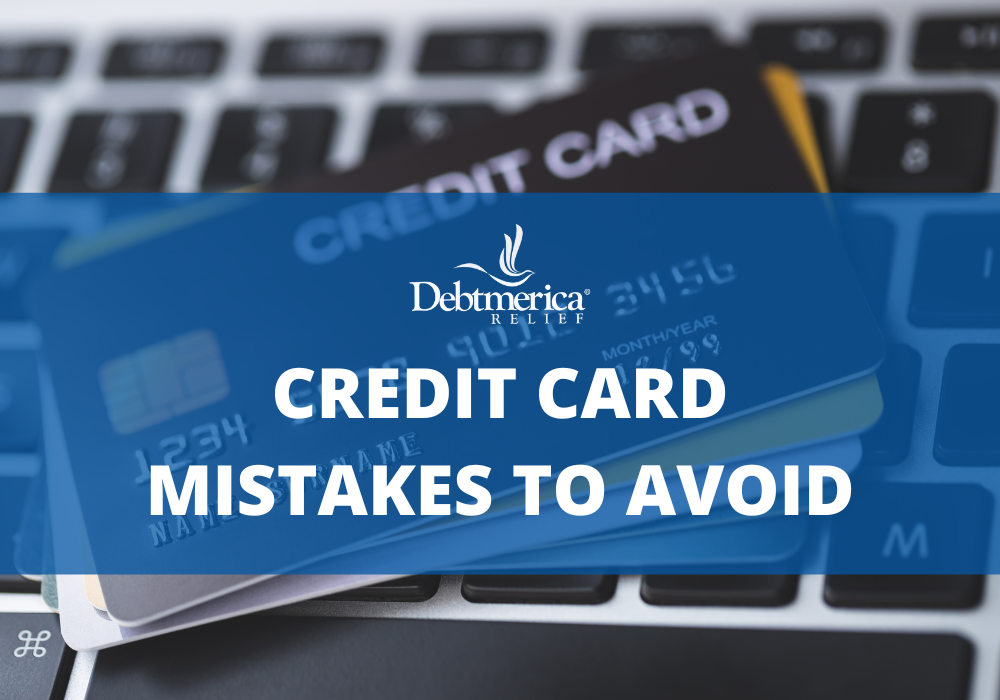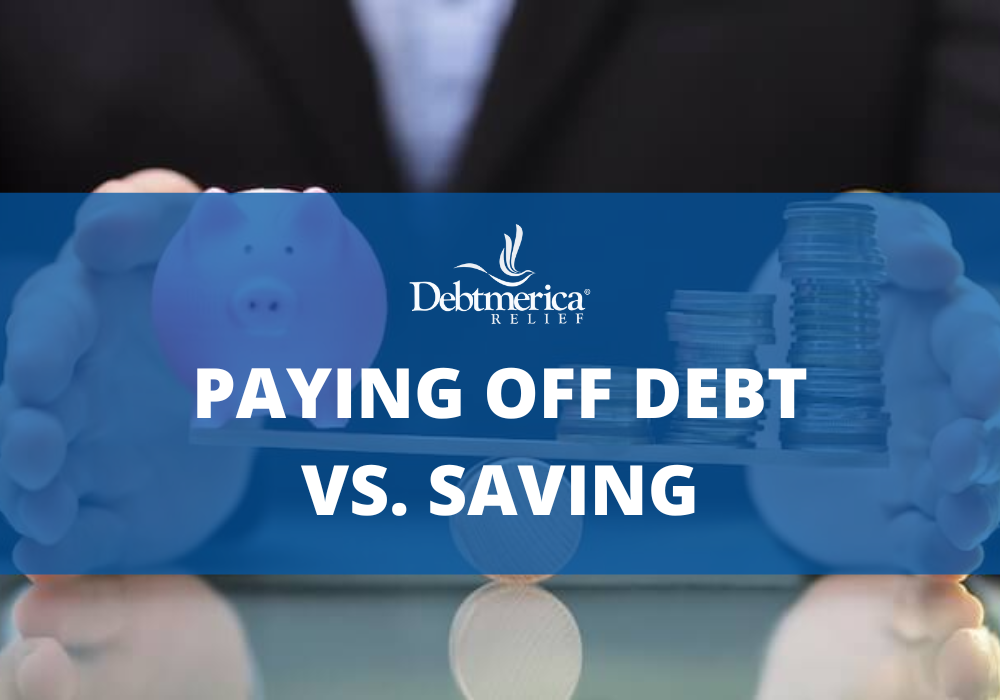Credit Card Mistakes to Avoid

Credit cards are usually the first step to establishing credit. Without this first step, it would be nearly impossible to qualify for larger purchases, like auto loans, mortgages, and more. While it’s true that credit cards have become almost a necessity in our financial growth or even survival, misuse of them can lead to a huge financial burden. Here are some of the most common credit card mistakes to avoid.
Carrying a Balance Each Month
Nearly a quarter of Americans are under the impression that holding a balance on their credit cards will increase their credit scores. Not only is this untrue, but it can cost hundreds and even thousands of dollars in unnecessary interest payments. 30% of your credit score is determined by your credit utilization, which is the amount of debt you have compared to your total available credit. By carrying a balance each month, you are also carrying a higher utilization rate.
Only Making the Minimum Payment
Making a minimum payment on your credit card is a requirement, but not paying your bill in full each month can result in interest charges, which can help you rack up debt quickly. Sending larger payments can also significantly reduce your credit card payoff timeline, sometimes even by years.
Missing a Payment
The factor that has the largest impact on your credit score is your payment history. A late or missed payment is one that is more than 30 days past the due date. According to FICO, a 30-day missed payment can result in a credit score drop of 17 to 83 points, while a 90-day missed payment can drop your score 27 to 133 points. Late or missed payments can also incur late fees, penalties, or raised APRs.
Applying For Too Many New Credit Cards
Every time you apply for a credit card, a hard inquiry will appear on your credit report and affect your score. Having several inquiries in a short period of time makes you appear as a credit risk to other lenders. Opening new credit accounts also lowers the average age of your credit history, a factor that makes up 15% of your credit score.
Using The Cash Advance Feature
Relying on cash advances when facing financial challenges can often make matters much worse. If you find that you’re frequently using cash advances to pay for things—especially essentials like groceries—it’s time to take a closer look at your budget and spending and make efforts to align the two
Not Understanding Your Credit Card Terms
Upon being approved for a credit card, you will receive a long agreement that details all the important terms of your new account. Though the verbiage used can seem complicated, understanding at least some key terms can help avoid serious mistakes. Some things to pay closer attention to are:
- Annual Fee: The yearly fee due just to hold the card
- Purchase APR: The yearly interest rate you’ll be charged based on your balance each month. To calculate your interest for the month, you can divide your purchase APR by 12.
- Late Payment Fee: The amount you will pay if you are late on your payment
- Penalty APR: The new yearly interest rate you’ll be charged if you make a late payment
Debt Relief for Credit Users
Credit cards are necessities for some, whether to establish and build credit or help cover expenses. The best thing you can do to avoid high credit card debt is to pay off your balance in full each month. If this is not possible, you should try to pay more than just the minimum monthly payment, but you should never miss a payment. Understanding terms before applying for a credit card can save you money and prevent stressful financial situations. Unfortunately, credit card debt can be inevitable and sometimes it can be too much to handle. Debtmerica Relief has over 16 years of experience in providing credit card debt relief to our clients. Give us a call at 800-470-8155 for a free consultation.



